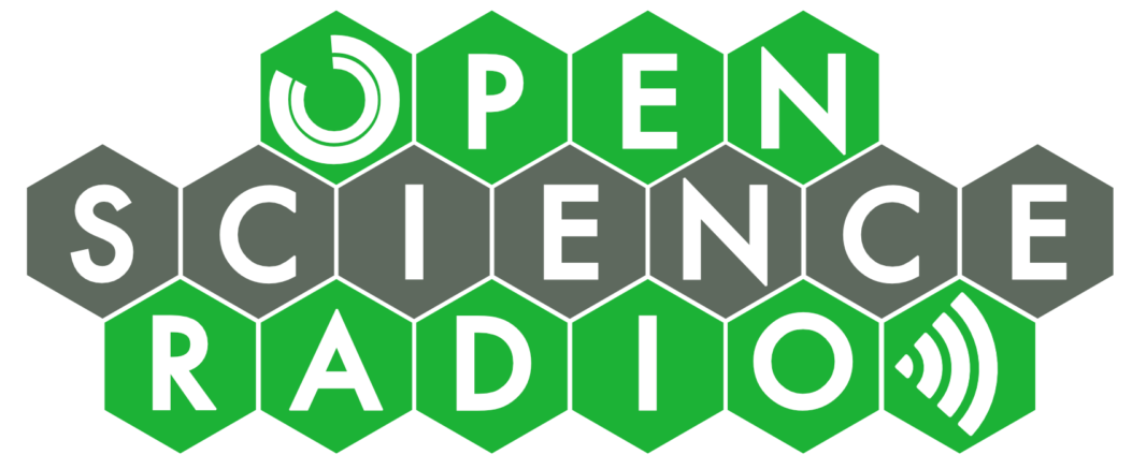The National Research Data Infrastructure for Germany – NFDI for short – has been under construction since 2018. Its goal is as simple as it is complex: to systematically open up the valuable data resources of science and research for the entire German science system, to network them, and thus to make them more usable. This would create a sustainable and flexible digital knowledge repository for all research areas, which in turn can be an indispensable prerequisite for new research questions, findings and innovations. In order to gain an insight into the development of the NFDI, its organs and their tasks, but above all to get an overview of the consortia that have been set up in 3 rounds, we have invited the man who probably knows the most about it at the moment: Prof. Dr. York Sure-Vetter, the current director of the NFDI.
And York did not disappoint.
One of the aspects that continuously pops up in our discussions is the research infrastructure. Hence, it was about time that we make it a topic of its own and we’re glad that we could win Peter Kraker as a guest for this topic. Peter is well-known in the Open Science communicator, as a researcher but also as the founder and chairman of Open Knowledge Maps, a web-service that provides a visual interface for the exploration of scientific topics through publications. In addition, he is active in several organizations and initiatives dealing with research infrastructure and research data management, such as GO FAIR. With the launch of Google’s dataset search service last year he started the Don’t leave it to Google! campaign. In this episode we’re talking about the campaign, the overarching concept of research architectures and the Open Knowledge Maps as a specific example.
Have fun!

Das ZBW – Leibniz-Informationszentrum Wirtschaft ist insbesondere in seiner Rolle im Leibniz-Forschungsverbund Open Science einer der institutionellen Treiber der Open Science Bewegung in Deutschland und Europa. Neben der Forschung die die Wissenschaftlerinnen und Wissenschaftler der ZBW betreiben, organisiert das Team der ZBW mit dem Barcamp Open Science und der Open Science Conference (die wir seit Jahren mit dem Open Science Radio begleiten) auch zwei zentrale Open Science Events in Deutschland. In diesem Jahr hat die ZBW zu seiner 100jährigen Gründung die Ausstellung „Open Up – Wie die Digitalisierung die Wissenschaft verändert“ auf die Beine gestellt, die im Kern den Ansatz der ZBW zum Thema Open Science veranschaulicht und erfahrbar macht. Wir hatten das Vergnügen gemeinsam mit Dr. Doreen Siegfried, Pressesprecherin und Leiterin der Zentralabteilung Marketing und Public Relations der ZBW, die Ausstellung zu begehen – eine schöne Gelegenheit über die Ausstellungsobjekte zu sprechen, aber auch mehr über die Aktivitäten der ZBW zu erfahren.
Nach den letzten Episoden mit jeweiligen Themenfokus gibt es diese Mal wieder einer eher „klassische“ Episode. Wobei, etwas Besonderes ist es doch, denn zum einen bin ich zu Gast bei Konrad in Köln (und wir sitzen uns gegenüber), zum anderen nehmen wir genau das zum Anlaß ein wenig mehr Einblick in Konrad’s neue Wirkungsstätte, das ZB MED Informationszentrum für Lebenswissenschaften, zu nehmen. Daneben gehen wir noch auf ein paar News ein, allen voran die Entwicklungen rund um Plan S, aber auch andere (u.a. ein paar Podcastempfehlungen).
Kurze Service-Anmerkung: wir saßen in einem sehr halligen Raum und auch wenn wir das recht gut in den Griff bekommen haben, manchmal hört man dann doch noch etwas Hall – wir hoffen das stört nicht. Zudem hatten wir auch noch etwas Pech and zwei Stellen unserer regulären Aufnahme, sodass wir für die Dauer von ein paar Minuten auf die Backupaufnahme zurückgreifen mussten, die leider noch einmal etwas halliger ist.
Trotz allem, viel Spaß!
As you have recognized, Open Science Radio was again attending the Barcamp Open Science as well as the Open Science Conference. This episode is a wrap-up of the 2018 run of those two (related) events, again together with Guido Scherp, one of the organizers (you’ll know him by now). Guido is providing his impressions from the two events, we share ours and discuss a few things in general, as well as a few of the talks in more detail.
And now, have fun!
As you have recognized, Open Science Radio was attending this year’s Barcamp Open Science as well as the Open Science Conference. This episode is a wrap-up together with Guido Scherp, one of the organizers (you’ll know him by now). Guido is providing his impressions from the two events, we share ours and discuss a few things in general, as well as a few of the talks in more detail (this year we caught a few quotes).






